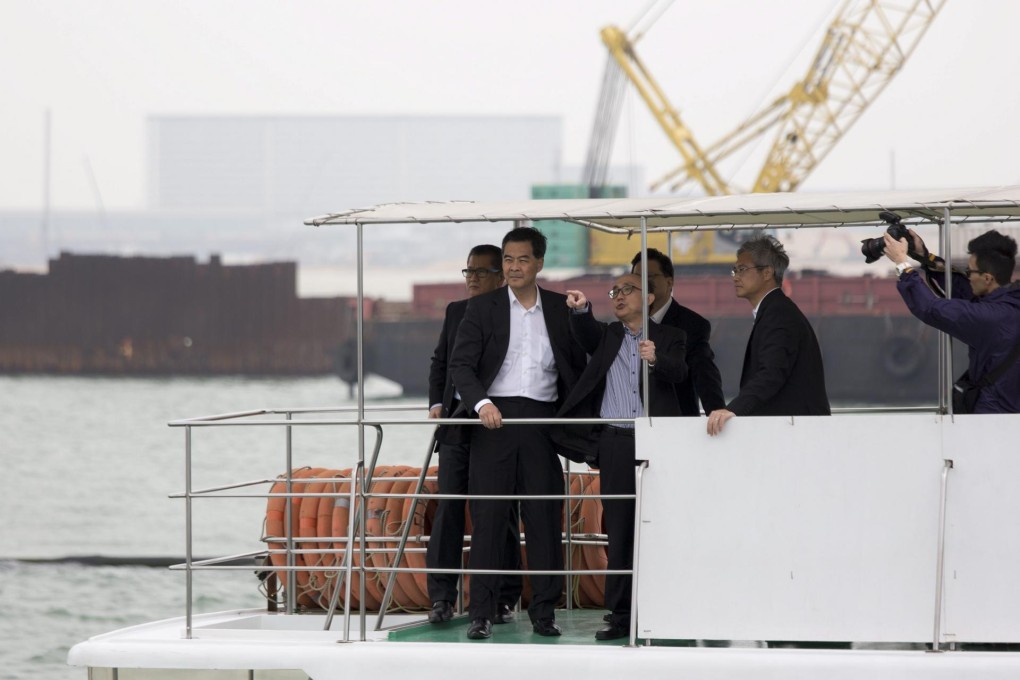Letters to the Editor, April 11, 2014
I refer to Regina Ip's letter regarding liberal studies ("Flawed liberal studies should become an elective subject again", April 7). Rarely have I read such an incoherent jumble of arguments.

Doubtless there are some problems in the teaching and marking of liberal studies as it is a new core subject, but all innovations have such issues; if we were to abandon everything that is a little bit challenging, I can't imagine how Ms Ip thinks the great intellectual giants she purports to admire would have achieved anything.
Incidentally, surely her remark, "Book stores are now devoid of the works of Western and Chinese intellectual giants who contributed to making Hong Kong such a dynamic city", is a prime example of an unsubstantiated assertion, which any visit to a book store would quickly negate?
She talks about "objective theory" as opposed to "subjective views". I am not sure what she means in the context of social sciences and humanities. Of course, children should learn to find, evaluate and use evidence, rather than simply asserting an opinion, but that is what all historians do when they attempt to reconstruct the past, and what people - including politicians - should do when advancing their ideas about how a society ought to conduct itself. But these remain subjective. They are not absolute truths.
One of the main lessons students can learn from liberal studies is that, in the realm of human affairs, there is no single "correct answer" - rather, there are many contesting views and examples of contradictory evidence, which need critical thought and evaluation.
Students who have such intellectual experiences at school will be more valuable as university students and as employees, but - even more importantly - as citizens of a democratic society.